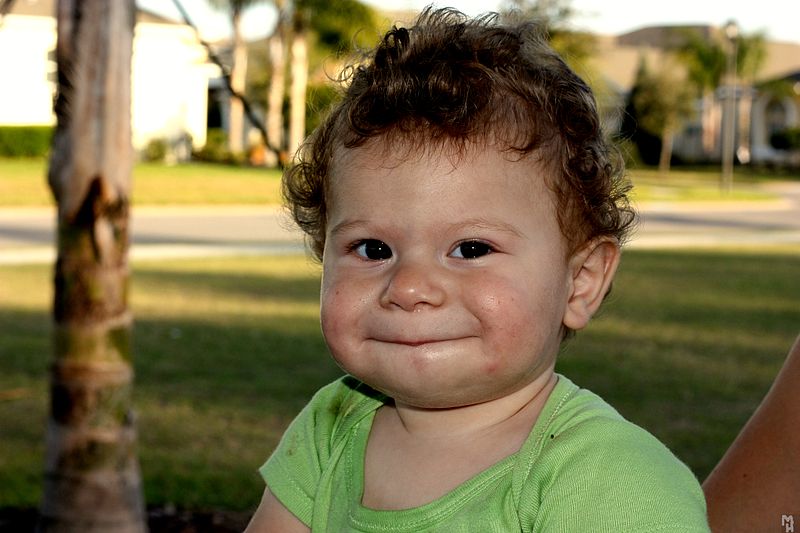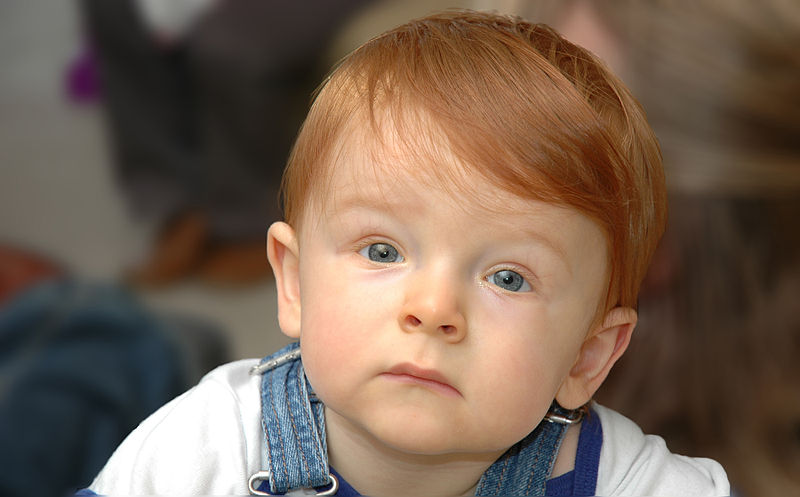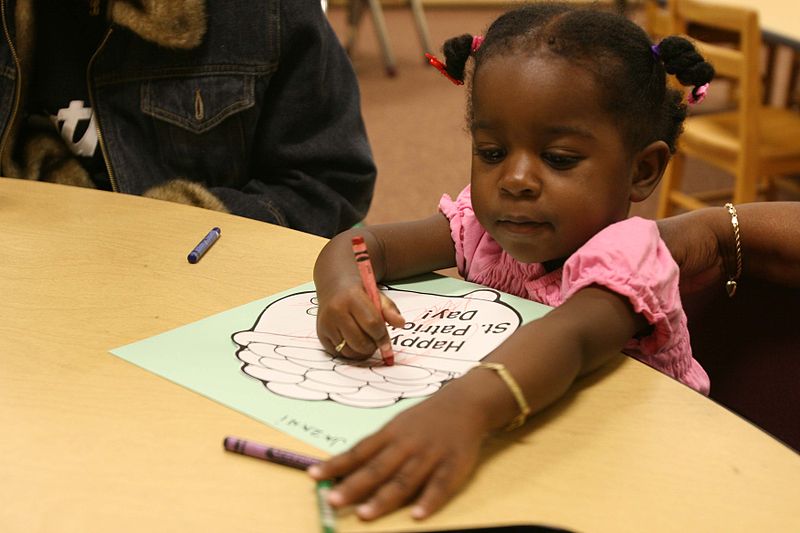As a parent or caregiver, you never want to believe that your precious child has a problem. But when it comes to autism, catching it early makes a huge difference.
The younger your child, the greater the impact of treatment on symptoms of autism. No matter your child's age, don't lose hope. Treatment can reduce
the disorder's effects and help your child learn, grow, and thrive.




Some symptoms may appear in infancy and early childhood, causing delays in many areas of development such as learning to talk, play, and interact with others.
The signs and symptoms of autism vary widely. Some autistic children have only mild impairments, while others have more obstacles to overcome. However, every
child on the autism spectrum has problems, at least to some degree, in the following three areas:
- Communicating verbally and non-verbally
- Relating to others and the world around them
- Thinking and behaving flexibly
Early Detection
Autism involves a variety of developmental delays, so keeping a close eye on when or if your child is hitting the key social, emotional, and cognitive milestones is an effective
way to spot the problem early on. While developmental delays do not automatically point to autism, they may indicate a heightened risk.
Every child develops at a different pace so you do not need to panic if your child is a little late to talk or walk. When it comes to healthy development, there is a wide range of
"normal." But if your child is not meeting the milestones for his or her age, or you suspect a problem, share your concerns with your child's doctor.
Many concerned parents are told, "don't worry" or "wait and see." But waiting is the worst thing you can do. You risk losing valuable time at an age where your child has the best
chance for improvement. Furthermore, whether the delay is caused by autism or some other factor, developmentally delayed kids are unlikely to simply "grow out" of their problems.
In order to develop skills in an area of delay, your child needs extra help and targeted treatment.
Ideally, your child's doctor will take your concerns seriously and perform a thorough evaluation for autism or other developmental delays. But sometimes, even well-meaning doctors
miss red flags or underestimate problems. Listen to your gut if it is telling you something is wrong and be persistent. Schedule a follow-up appointment with the doctor, seek a second
opinion, or ask for a referral to a child development specialist.
Some children with autism spectrum disorders start to develop communication skills and then regress, usually between 12 and 24 months. For example, a child who was communicating with
words such as "mommy" or "up" may stop using language entirely, or a child may stop playing social games he or she used to enjoy such as peek-a-boo, patty cake, or waving "bye-bye."
Any loss of speech, babbling, gestures, or social skills should be taken very seriously, as regression is a major red flag for autism.






